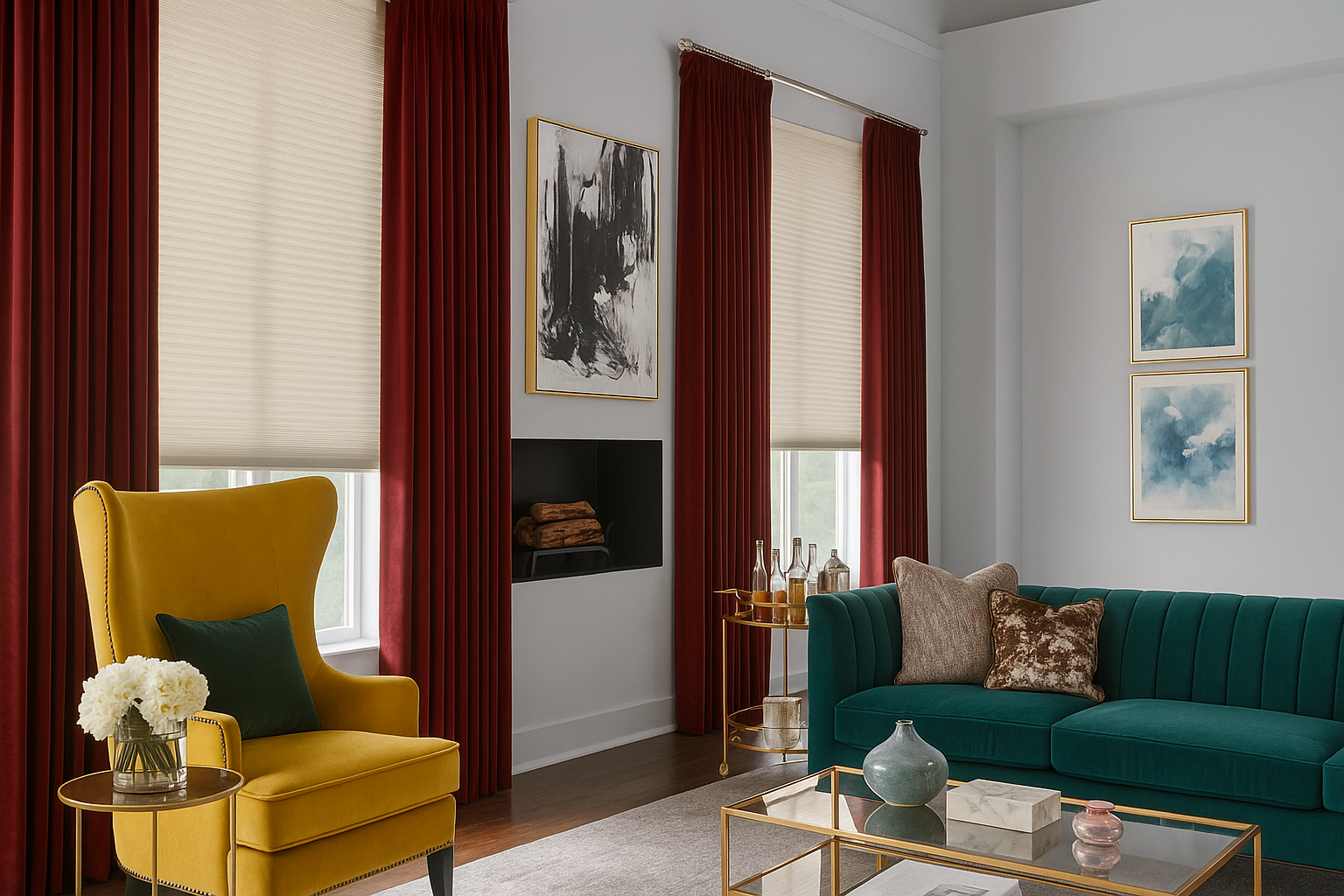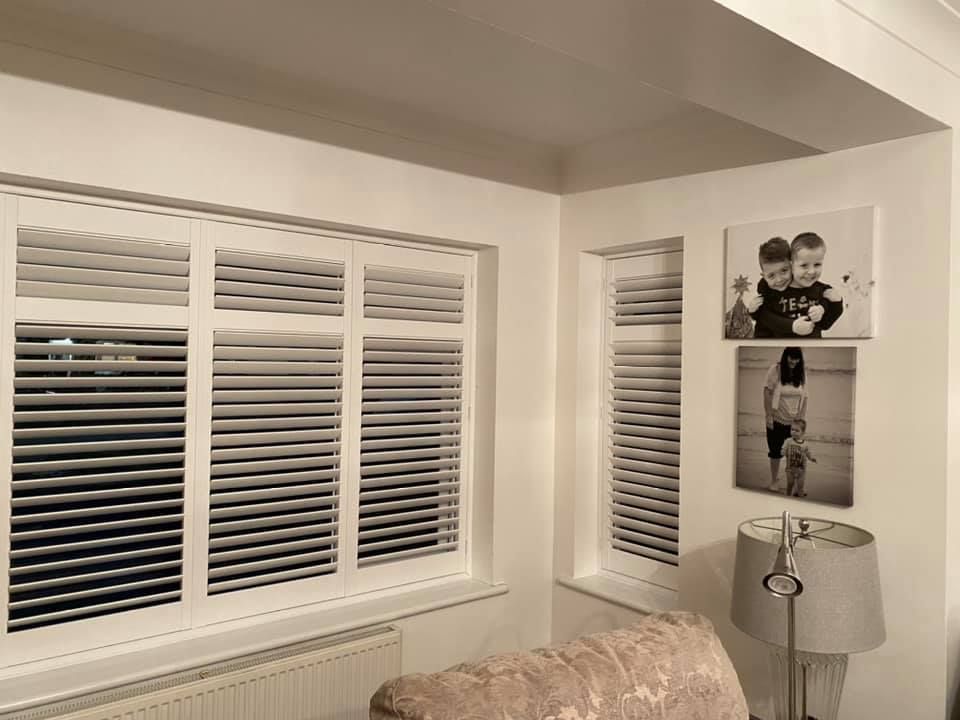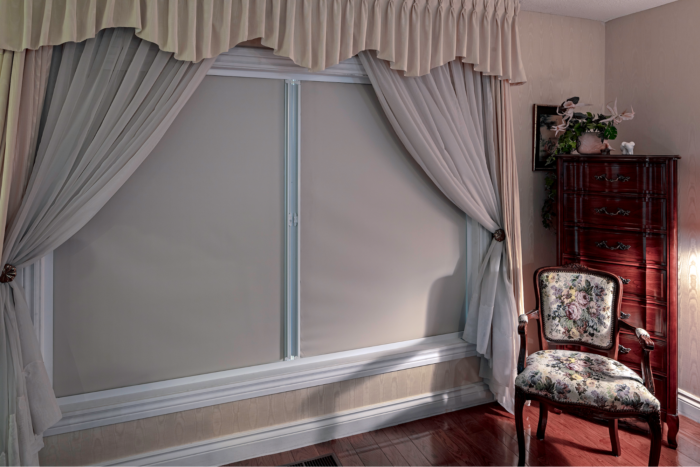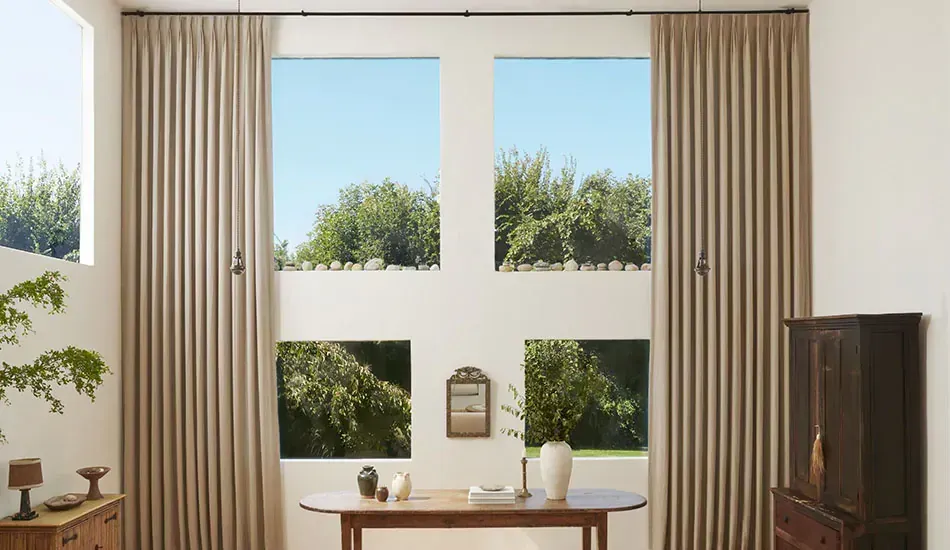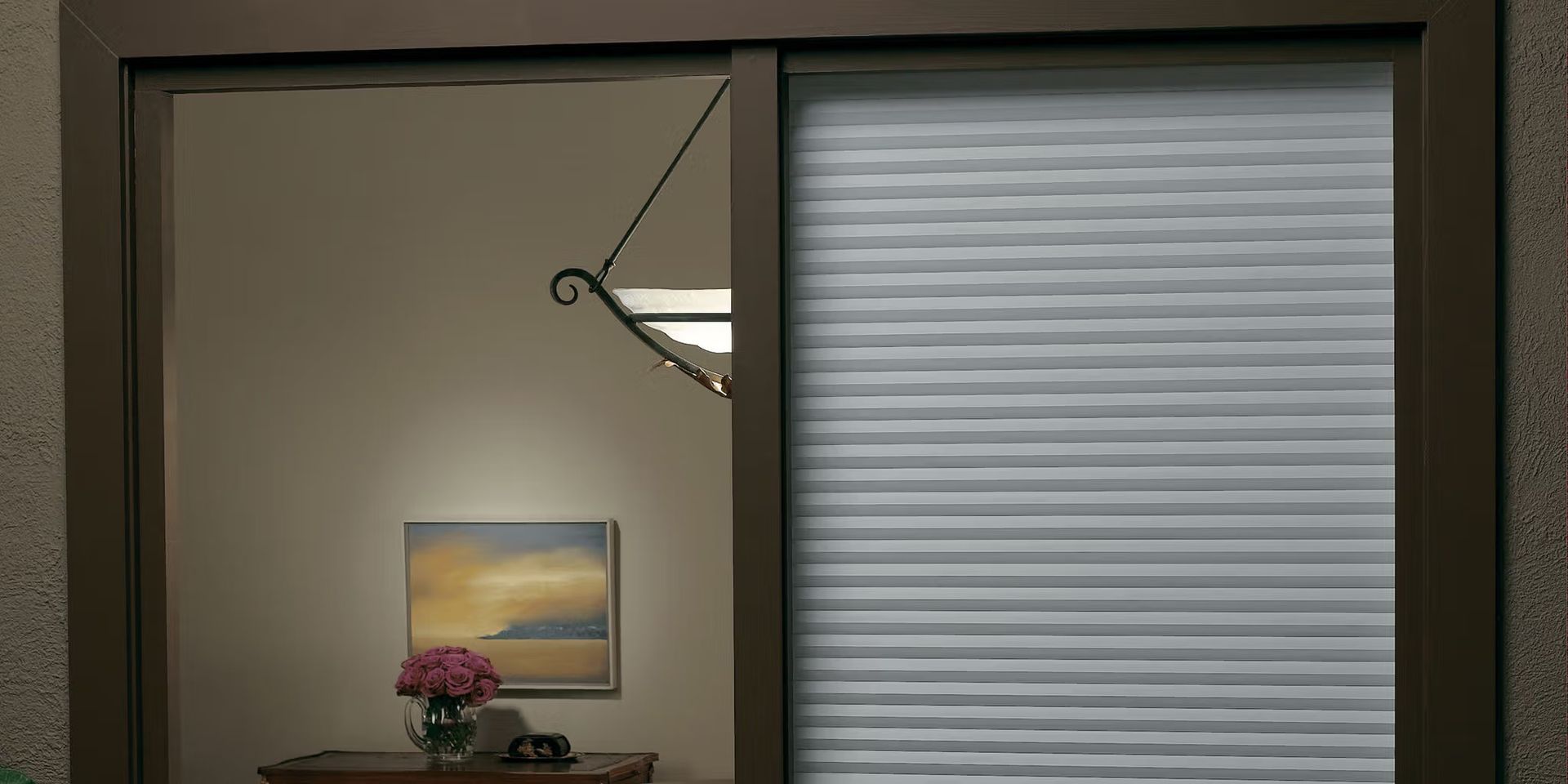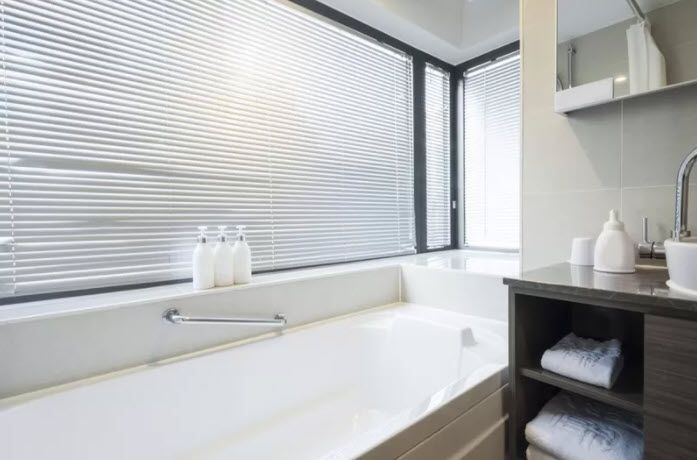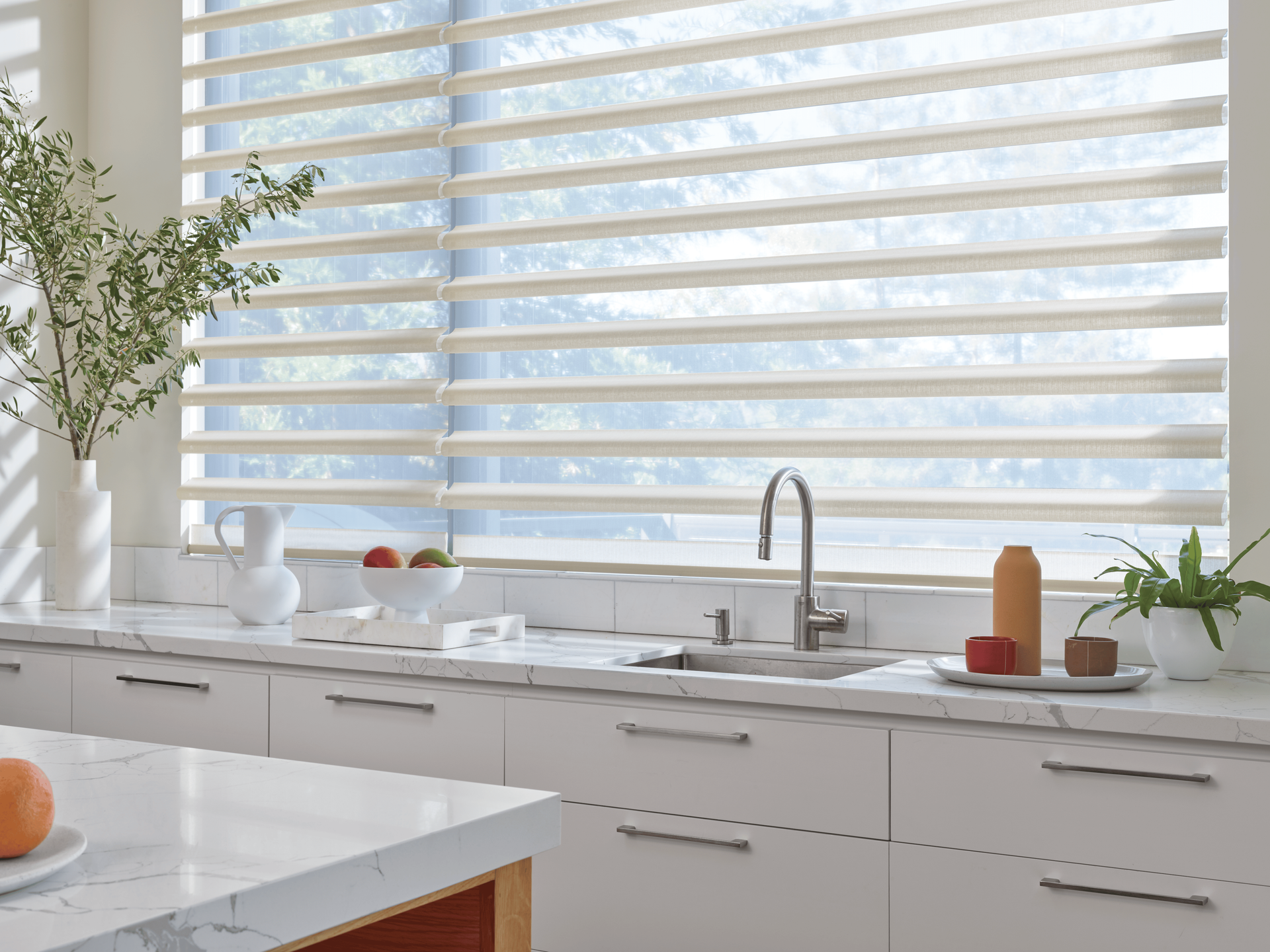What Are the Benefits of Blackout Blinds and Are They Right for My Home?
Blackout blinds have gained immense popularity among homeowners for their versatility and functionality. But what exactly makes them a standout choice, and are they suitable for your needs?
What Are Blackout Blinds?
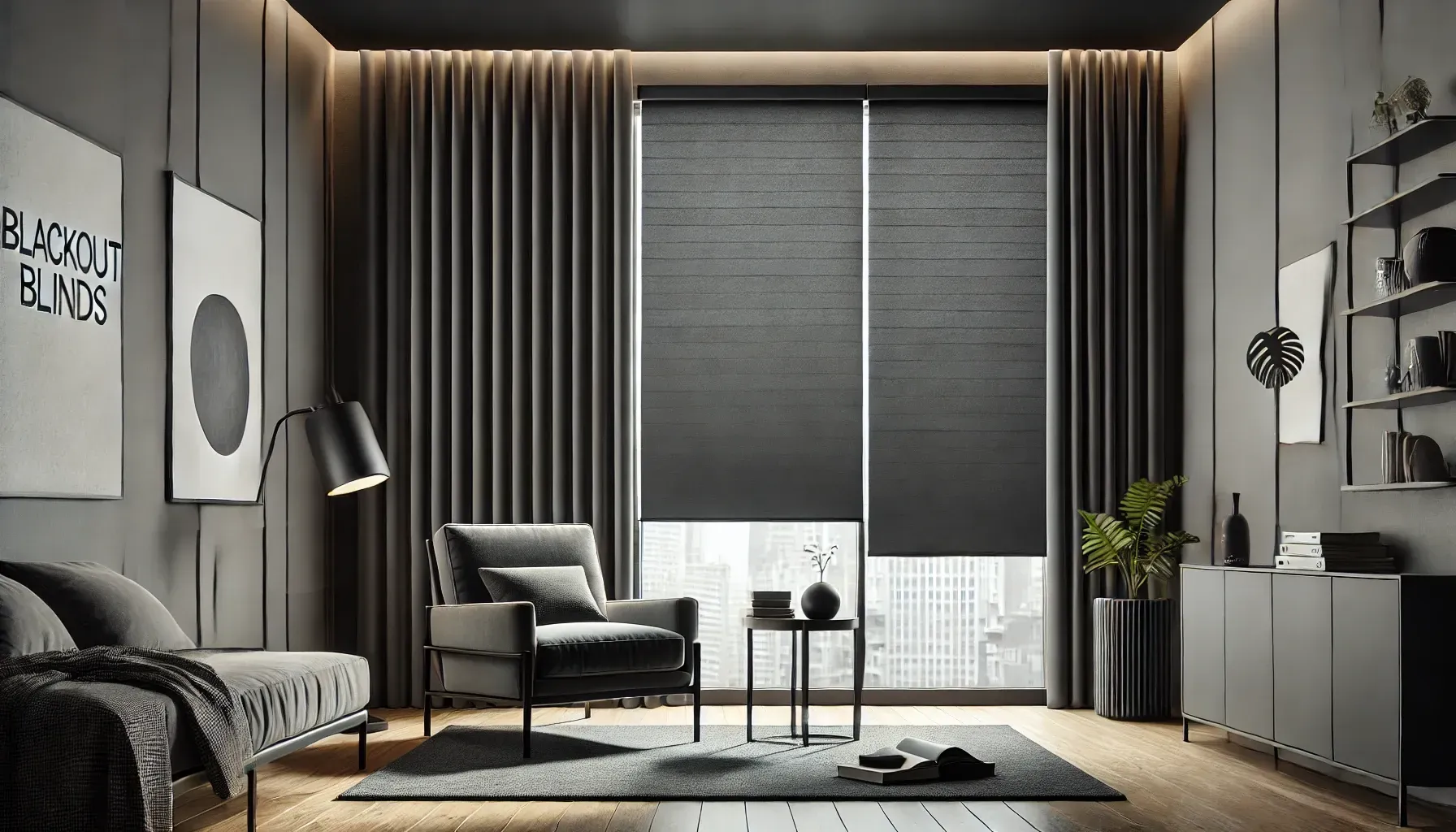
Blackout blinds are window treatments designed to block out external light completely. Made from opaque materials, they offer exceptional light-blocking capabilities compared to traditional blinds or curtains. Available in various styles, colors, and sizes, they can complement your home’s decor while providing unmatched functionality.
These blinds are particularly popular in bedrooms, nurseries, and media rooms where darkness is essential. They’re also favored for their energy efficiency, privacy, and ability to create a comfortable indoor environment.
Benefits of Blackout Blinds for Your Home
1. Complete Light Control
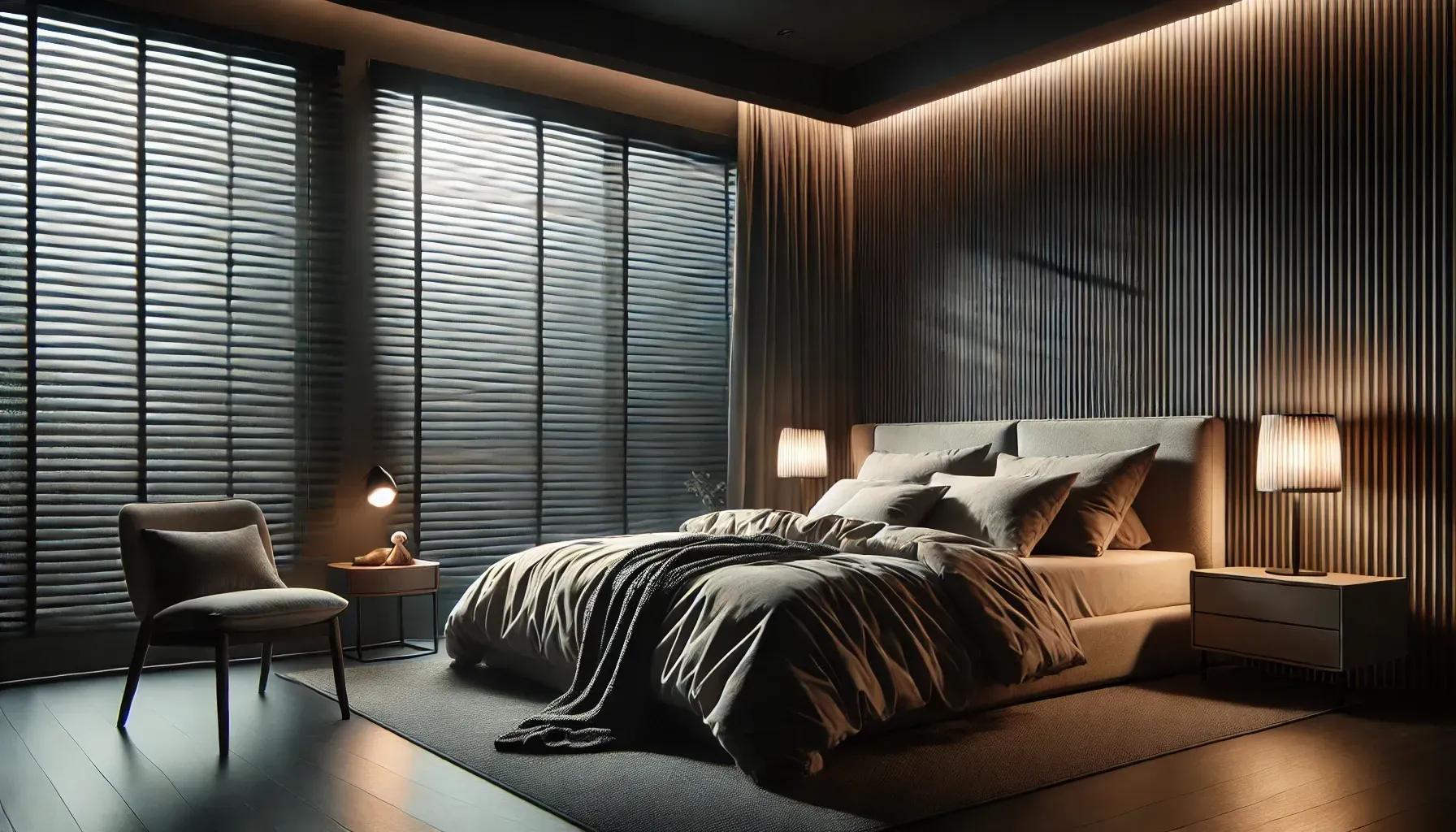
The primary benefit of blackout blinds is their ability to block nearly 100% of external light. Whether you’re a light-sensitive sleeper, work night shifts, or simply enjoy a dark environment for relaxation, blackout blinds ensure total darkness.
2. Improved Sleep Quality
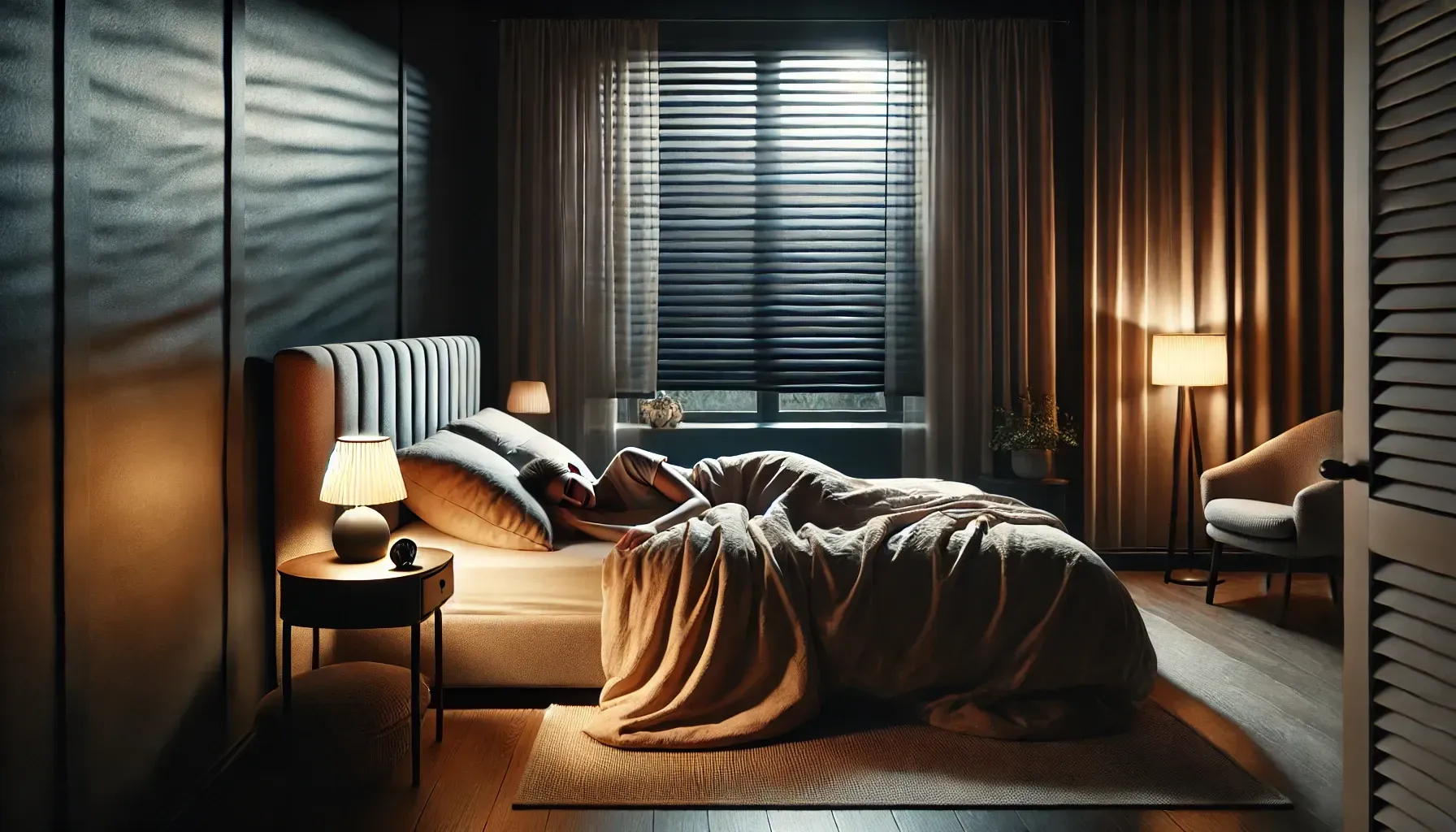
Blackout blinds can significantly enhance sleep quality by eliminating disturbances from streetlights, car headlights, or early morning sunlight. For light-sensitive sleepers, children, or individuals with irregular schedules, these blinds create an ideal sleeping environment.
3. Energy Efficiency
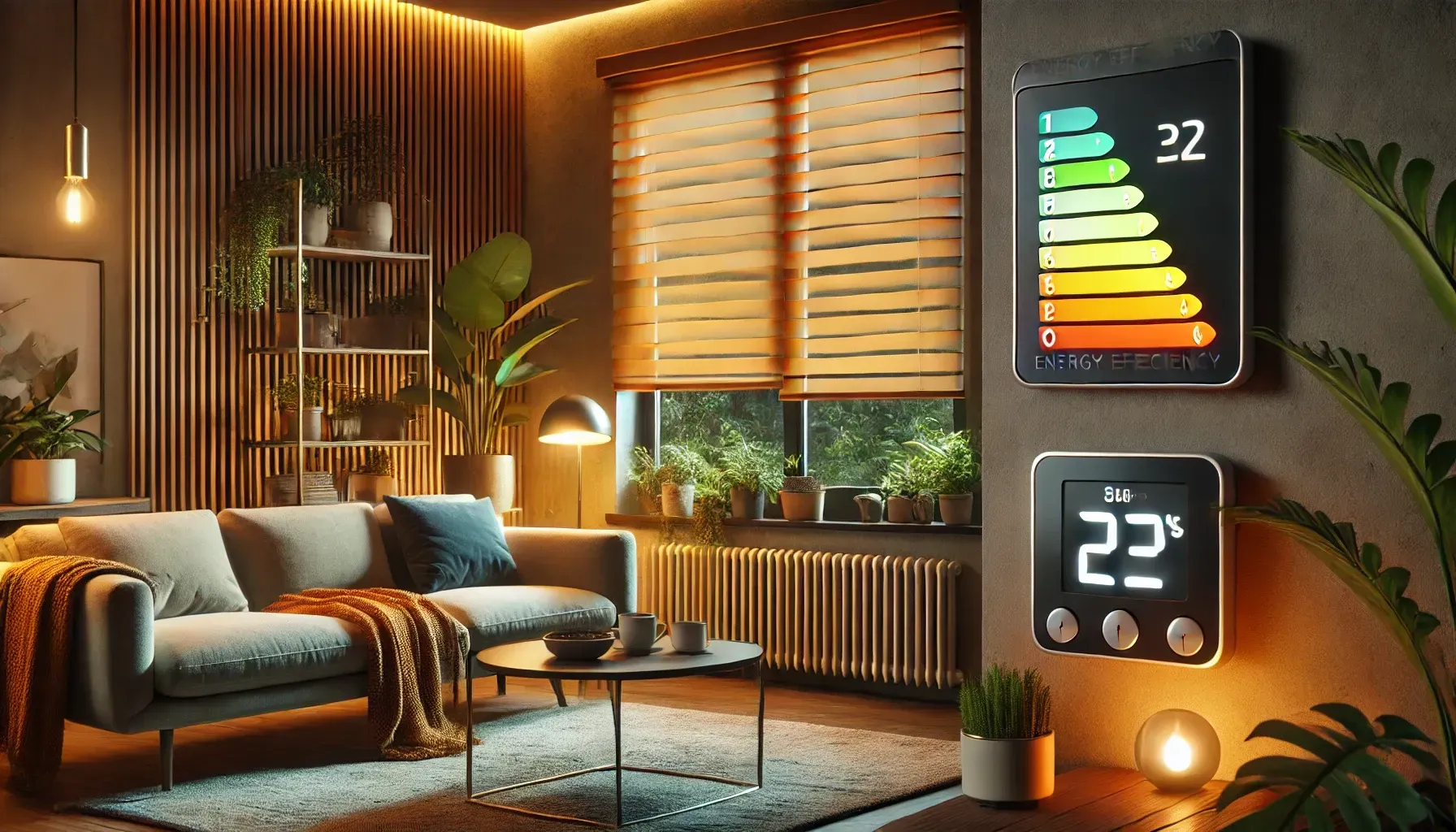
Blackout blinds are excellent at reducing energy consumption. They act as an insulating barrier, keeping your home cooler in the summer and warmer in the winter. Curious how well they perform in warmer months? Learn more about Do Blackout Blinds Block Heat to understand their full thermal benefits. This can lower your heating and cooling costs, making them an eco-friendly choice.
4. Enhanced Privacy
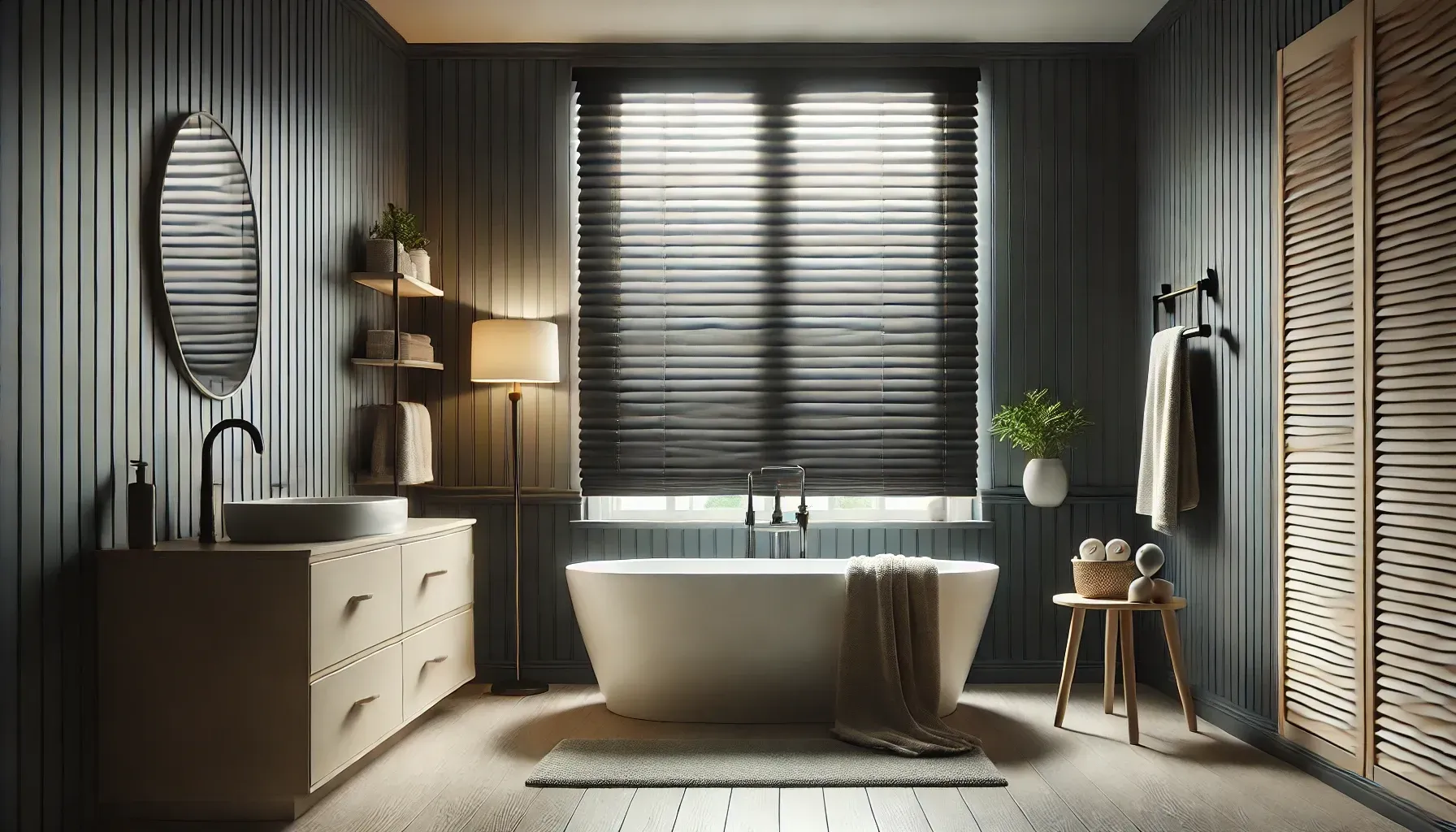
Blackout blinds provide unparalleled privacy by preventing outsiders from peeking into your home—a key concern when it comes to Nighttime Blind Visibility. This makes them a great option for bedrooms, bathrooms, or any room where privacy is a priority.
5. UV Protection
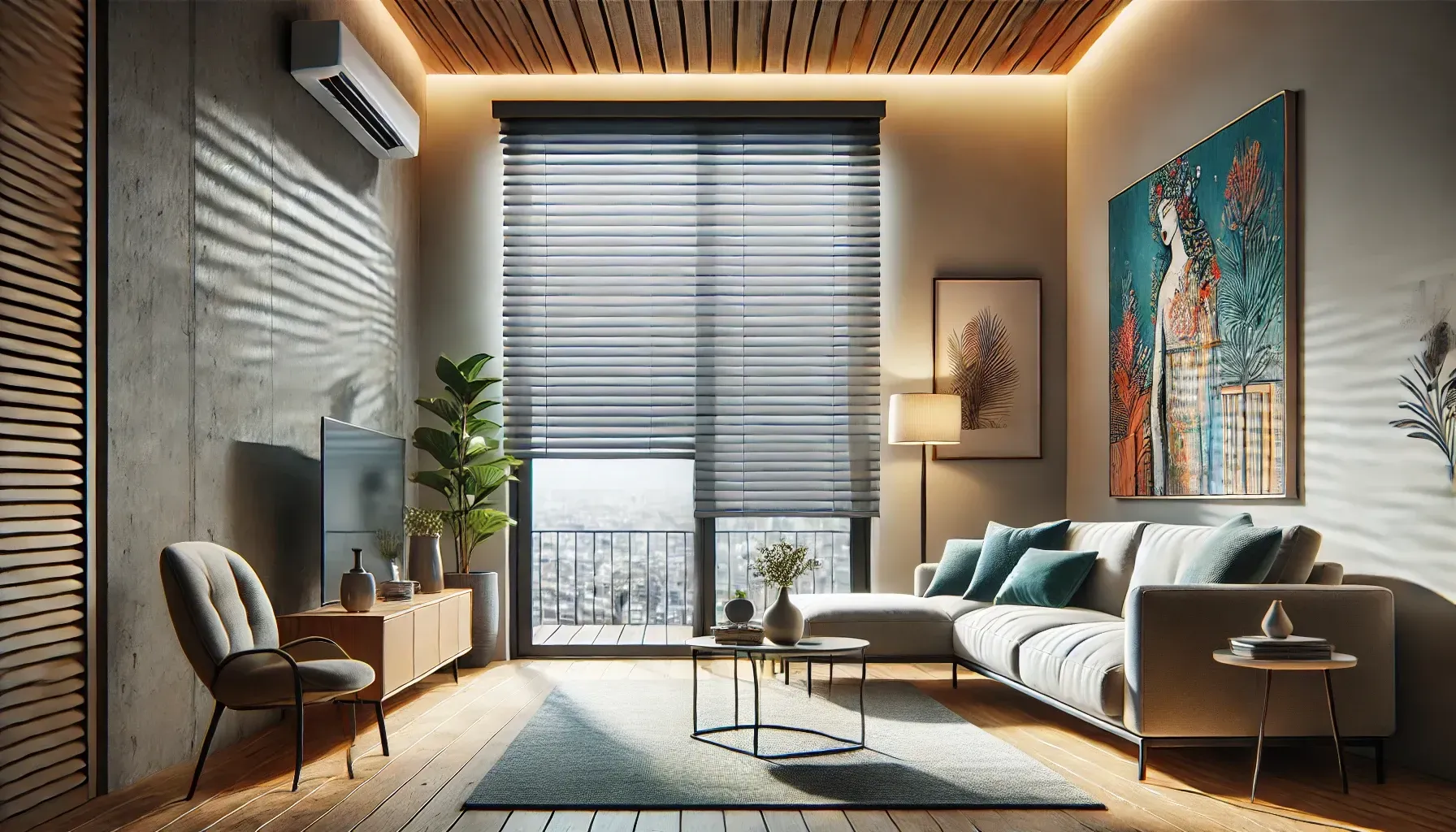
The thick material of blackout blinds blocks harmful UV rays, protecting your furniture, flooring, and artwork from fading over time. This helps preserve the longevity and aesthetics of your interiors.
6. Noise Reduction
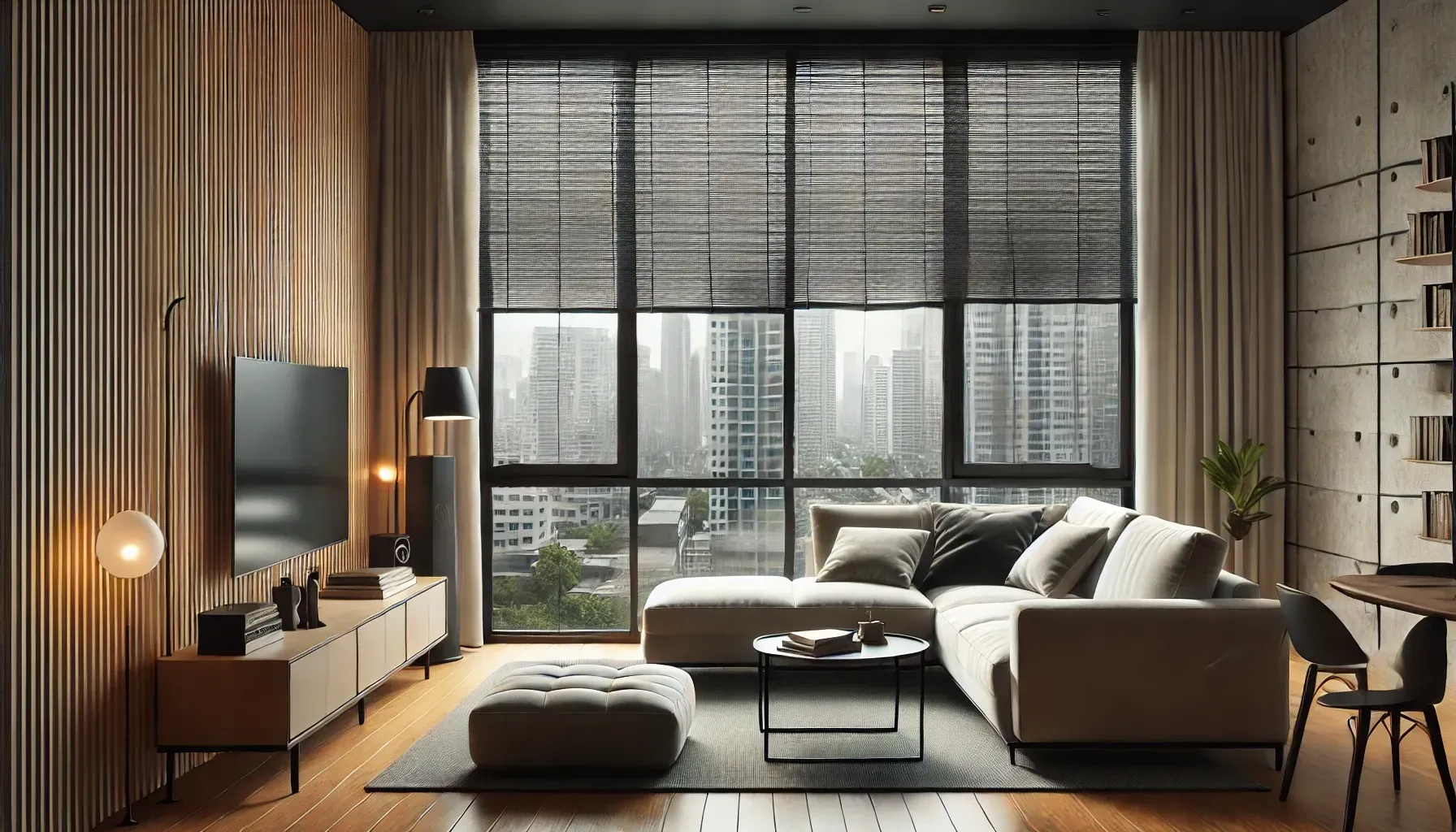
While not their primary function, blackout blinds can also reduce outside noise. The dense materials help muffle sound, creating a quieter indoor environment—perfect for urban settings or busy neighborhoods.
Are Blackout Blinds the Right Choice for Your Needs?
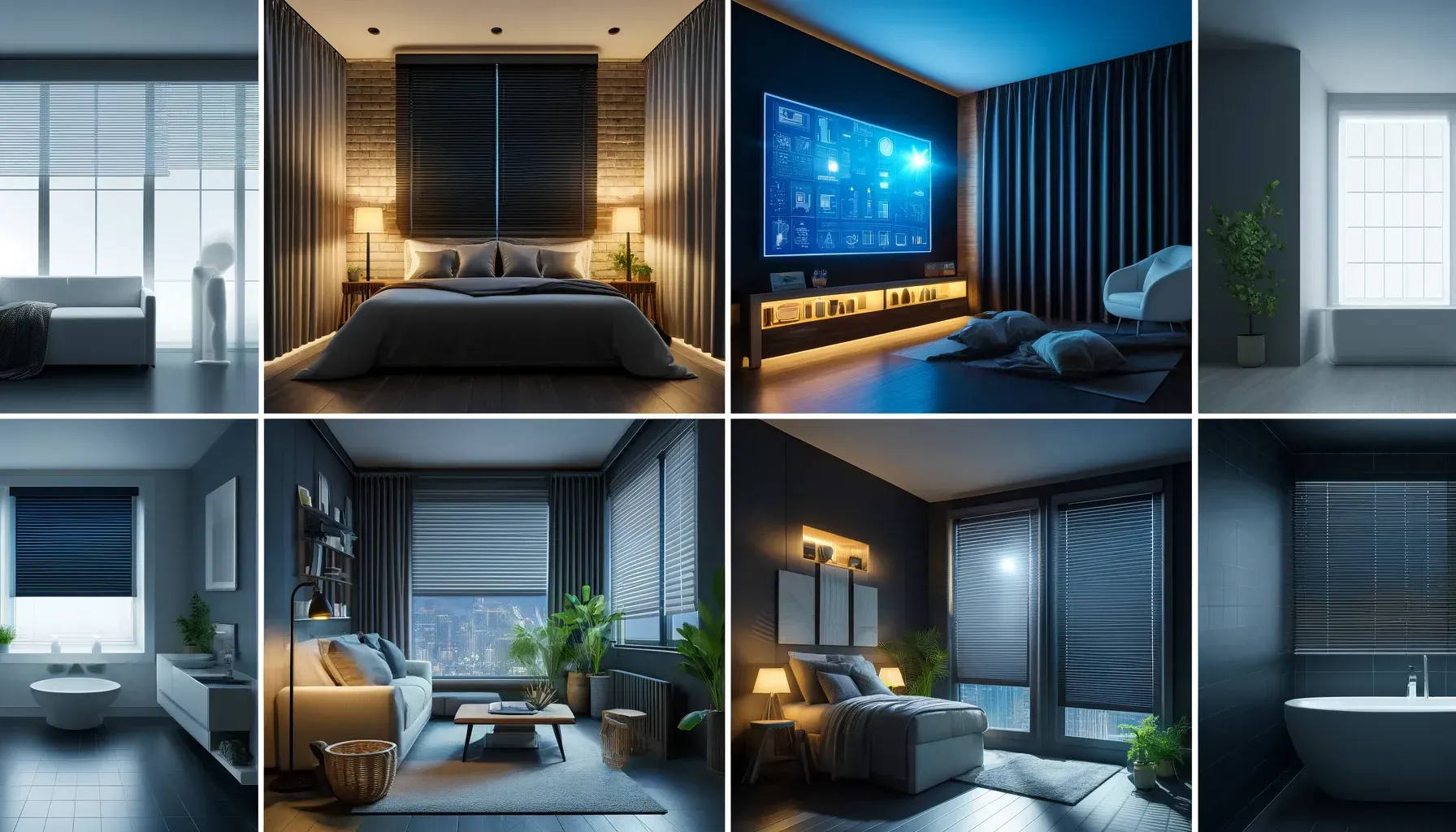
Blackout blinds are ideal for a variety of settings and needs. However, their suitability depends on your specific requirements:
- Bedrooms and Nurseries: These blinds are perfect for promoting restful sleep for both adults and children.
- Media Rooms: If you enjoy watching movies or gaming in a dark environment, blackout blinds can enhance your experience.
- Energy-Saving Homes: If reducing energy bills is a priority, the insulating properties of blackout blinds make them a valuable investment.
- Privacy-Conscious Spaces: For homeowners seeking maximum privacy, blackout blinds are an excellent solution.
When to Consider Alternatives
If you prefer a softer look or some natural light filtering through, consider combining blackout blinds with sheer curtains or opting for light-filtering shades.
Comparing Blackout Blinds to Other Window Treatments
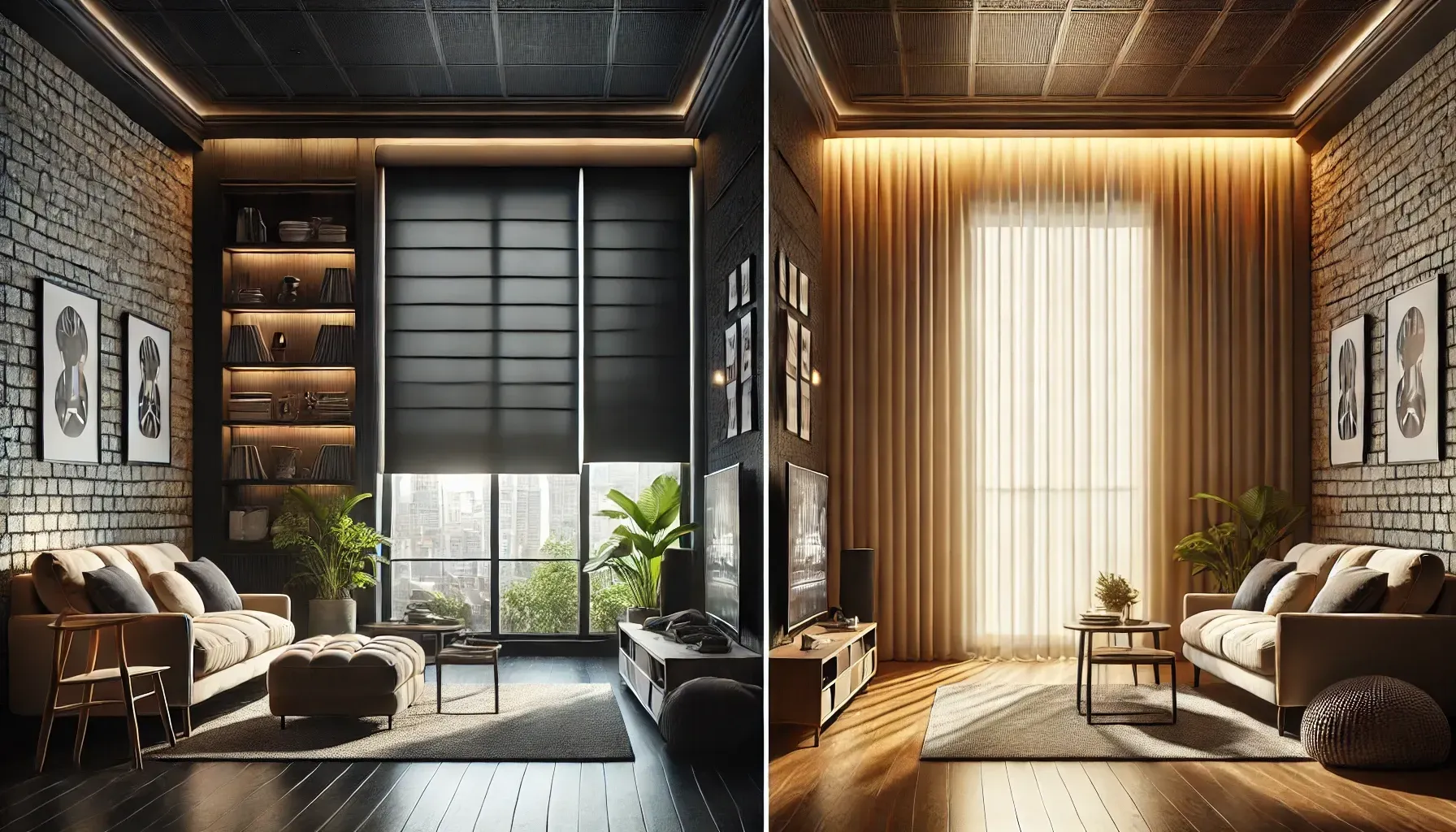
Blackout Blinds vs. Light-Filtering Shades
While light-filtering shades allow some sunlight to pass through, blackout blinds block it entirely. Choose blackout blinds if total darkness is essential, and light-filtering shades for rooms where ambient light is desired.
Blackout Blinds vs. Thermal Curtains
Thermal curtains offer insulation but may not achieve the same level of light blockage as blackout blinds. Blackout blinds are more effective for creating a dark, controlled environment.
Tips for Choosing and Installing Blackout Blinds
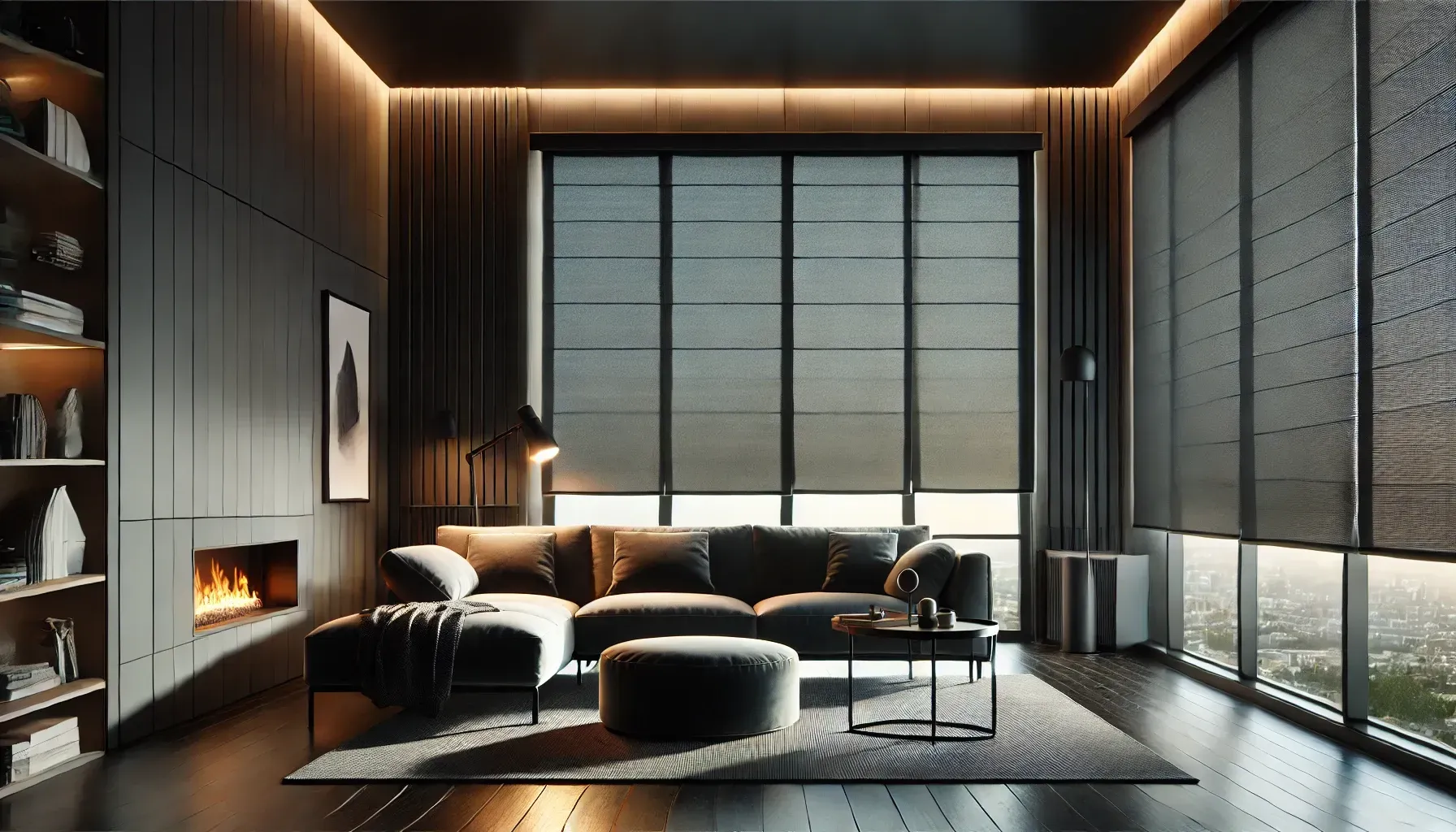
1. Measure Your Windows Accurately
Ensure precise measurements for a snug fit. Improperly sized blinds may allow light to seep through the edges, reducing their effectiveness. To fully optimize your setup, learn how to Minimize Light Bleed and enhance the performance of your blackout blinds.
2. Choose the Right Style
Consider roller blinds for a sleek look or Roman blinds for added elegance. Motorized options are available for convenience. If you're looking for design inspiration, explore the
Best Colors and Patterns for Window Treatments to complement your home decor while ensuring functionality.
3. Opt for High-Quality Materials
Invest in durable materials to ensure longevity and effective light-blocking capabilities.
4. Professional Installation
While DIY installation is possible, professional assistance ensures a perfect fit and optimal functionality.
Conclusion
Blackout blinds offer a host of benefits, from improved sleep and energy efficiency to enhanced privacy and UV protection. They’re a versatile solution suitable for various needs and preferences. By understanding your specific requirements and weighing the benefits, you can decide if blackout blinds are the perfect addition to your home. Whether for restful nights, cozy movie marathons, or energy savings, blackout blinds are an investment in comfort and functionality.
Frequently Asked Questions About Blackout Blinds
What are the advantages of using blackout blinds?
Blackout blinds provide complete light control, improved sleep quality, energy efficiency, privacy, UV protection, and noise reduction.
Are blackout blinds worth it?
Yes, blackout blinds are worth the investment if you value light control, energy savings, and privacy.
Can blackout blinds reduce energy costs in homes?
Absolutely. Their insulating properties help maintain indoor temperatures, reducing the need for heating or cooling.
Are blackout blinds good for children’s rooms?
Yes, they create a sleep-friendly environment for children by blocking out external light and reducing noise.
How do I choose the right blackout blinds for my home?
Consider factors like style, material, and purpose. Ensure accurate measurements for the best fit and functionality.


